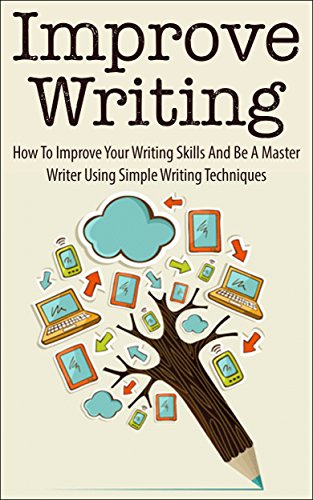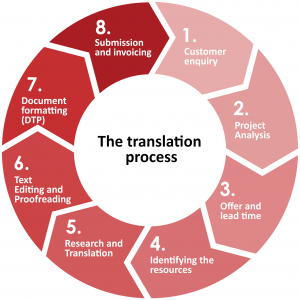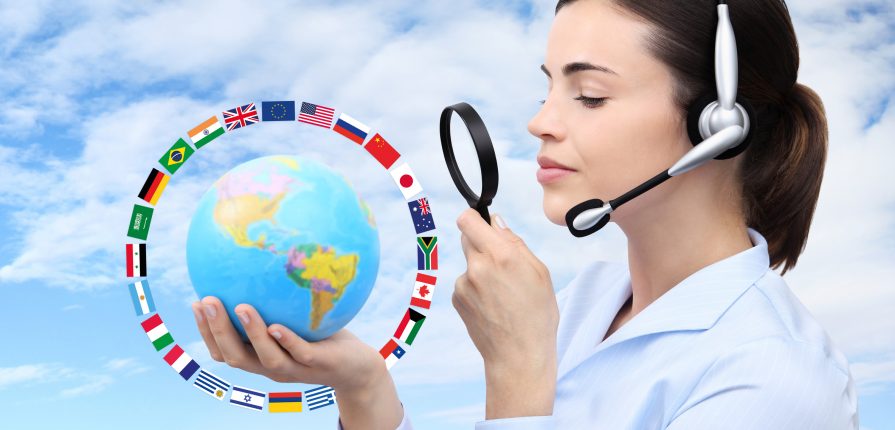These are the basic translator skills you need to work as a professional translator.
1. Advanced language knowledge
You can’t translate something unless you understand it.
And if you don’t understand the text fully, you risk misinterpreting it and delivering a translation that’s not completely accurate.
So good translators need to understand all meaning – including all the subtle nuances implied in the text.
That level of understanding requires advanced, near native level, knowledge of your source language.
Nothing less will do.
How to gain advanced language knowledge
- Study – do a degree or other course in your language
- Read widely
- Be an avid consumer of source language media
- Immerse yourself in the culture – visit source-language countries regularly if you live elsewhere
- Keep it up! Language is constantly changing, so it’s an on-going process, not a target to reach then relax
2. Excellent writing skills

To be a good translator you must be a very good, and not merely adequate, writer in your target language.
You must have a way with words, the ability to write with flair.
And you’ll likely need to do that across a variety of text styles – promotional and marketing, formal/legal, casual, technical, etc.
To some extent you either have excellent writing ability and expression or you don’t.
But it’s also a skill you can hone and improve with experience and application.
How to improve your translator writing skills
- Take a writing course
- Collaborate with your peers – see how they translate things and the wording and expression they use
- Read your translations aloud to pick up any unnatural phrasing, and spend time refining and polishing your wording
- Read widely – it’ll extend your vocabulary
- Note down wording you come across that you really like, and add it to your repertoire
3. In-depth cultural knowledge
Good translators have a deep understanding of both source and target cultures.
That’s general cultural knowledge like values systems and how people view the world.
And culture-specific aspects like pastimes, customs, etc.
You’ll often need cultural knowledge to grasp the significance or implication of text you’re translating.
And understanding the differences between your source and target language cultures will alert you to text that won’t work well or will have reduced impact when translated.
How to extend your cultural knowledge
- Spend time in both target and source culture countries
- Consume media in both languages
- Attend cultural events
- Research aspects of the culture you haven’t personally experienced
4. Sound research skills
Translators are always researching things – wording, meanings, vocab, jargon, background info.
The more efficiently you can do it the better.
How to refine your translation research skills
- Learn the tricks to refining Google searches
- See what your peers do
- Find and bookmark your most useful reference sources
- Ask on translator forums
5. Best practice translation and review processes
Translation is mentally challenging, and it’s dead easy for the odd shortcoming to slip through.
A little inaccuracy here, less than ideal wording there.
That’s why good translators stick like barnacles to proven translation processes.
You need to too.

How to improve your translation processes
- Read this article
- And this one on reviewing translations
- Do a translation course – they’ll drill sound processes into you
- Be disciplined! Don’t rush your translation or be tempted to take shortcuts
- Work with a colleague and peer-review each other’s work
6. Sound translation judgement
Good translators make consistently good translation decisions.
On vocabulary and structures to use, when to be more literal / freer, what and how much to research, etc.
Much of this is instinctive, but with the right effort any translator can markedly improve this basic skill.
How to improve your translation judgement
- Study translation – choose a course that includes tons of translation practice with constructive tutor feedback
- Collaborate with a colleague – critique each other’s work and learn from each other
- Seek out a mentor – an accomplished translator willing to give feedback and help you hone your translation skills
- Self-critique your work. Revisit earlier translations and see how you could improve them
- Gain experience! Generally, the more you translate the better you’ll get – especially if you’re receiving constructive feedback
7. Computing and CAT skills
You’ll need to have good command of commonly used office programs – Word, Excel, PowerPoint, etc
And you should be an expert on your chosen TM software.
How to improve these skills
- Take advantage of Microsoft’s training videos, especially those for Word
- Watch on-line tutorials and YouTube how-to’s
- Search for solutions to specific problems you have or areas where you’re a little weak
- Do a course
- Compare notes with your colleagues for TM productivity tips



